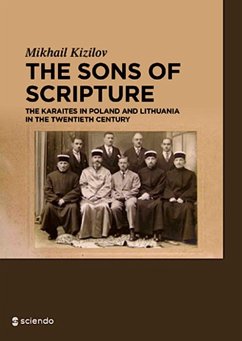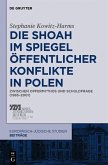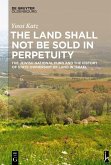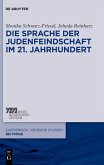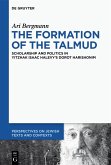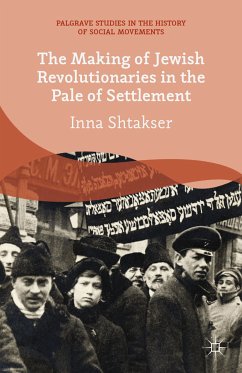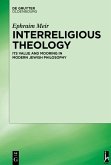Drawing on the variety of archival sources in the host of European and Oriental languages, the book focuses on the history, ethnography, and convoluted ethnic identity of the Polish-Lithuanian Karaites. The vanishing community of the Karaites, a non-Talmudic Turkic-speaking Jewish minority that had been living in Eastern Europe since the late Middle Ages, developed a unique ethnographic culture and religious tradition. The book offers the first comprehensive study of the dramatic history of the Polish-Lithuanian Karaite community in the twentieth century. Especially important is the analysis of the dejudaization (or Turkicization) of the community that saved the Karaites from horrors of the Holocaust.
Dieser Download kann aus rechtlichen Gründen nur mit Rechnungsadresse in A, B, BG, CY, CZ, D, DK, EW, E, FIN, F, GR, HR, H, IRL, I, LT, L, LR, M, NL, PL, P, R, S, SLO, SK ausgeliefert werden.

